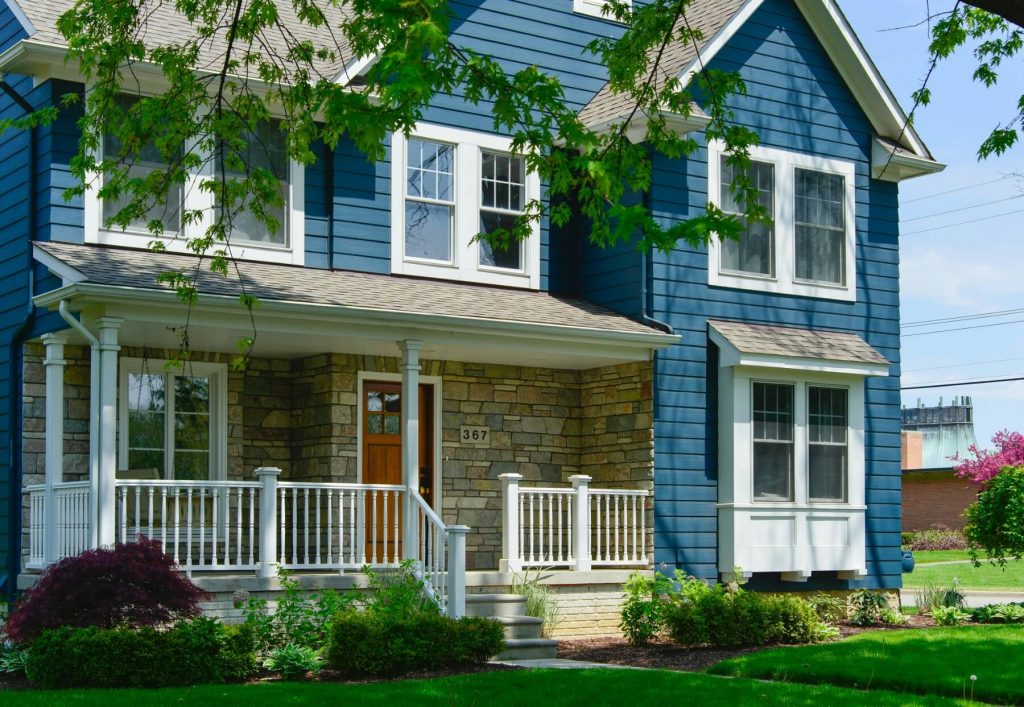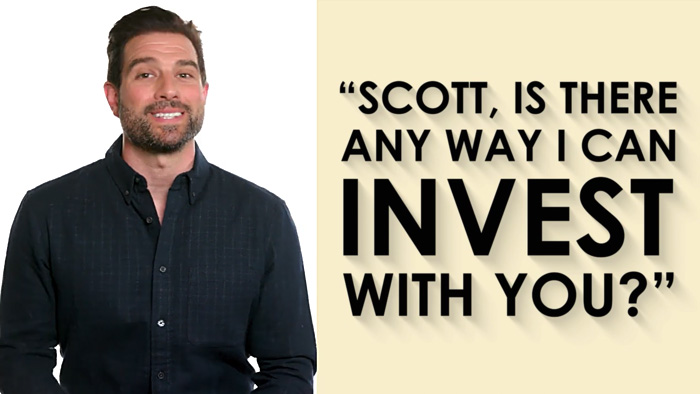Mortgage Terminology 101

Real estate terminology can be confusing – particularly when you’re buying your first home – and one of the things people seem to get the most confused about is mortgages. It’s understandable. You’re dealing with massive amounts of money, and making sense of it all can be tough. So lets get back to basics and look at some of the most common Canadian mortgage terms you’ll come across when purchasing a home. (Keep in mind this is not an exhaustive list, but rather a basic list of common terms.)
What is a Mortgage?
In simple terms, a mortgage is a legal agreement between a homebuyer and a bank (or other lender), where property is used as security for the repayment of a loan. In exchange for the funds received by the homebuyer to purchase the property, the lender gets the promise from the purchaser to pay back the funds over a certain period of time with a certain amount of interest.

Mortgage Terminology 101
CMHC – Canada Mortgage and Housing Corporation. A Crown corporation that administers the National Housing Act for the federal government and encourages the improvement of housing and living conditions for all Canadians. CMHC also creates and sells mortgage loan insurance products.
Mortgagee – The lender who provides the mortgage loan (typically a bank or other creditor).
Mortgagor – The borrower who pledges the property as security for the loan (typically a homeowner).
Mortgage Affordability Calculator – An online calculator that helps to determine what amount you can afford based on your earnings, down payment amount, mortgage interest rates, amortization period and more. Check out this calculator from CIBC for more information.
Mortgage Broker – Licensed mortgage specialist who acts as a liaison between you and the lending institution. Mortgage brokers can negotiate the best available terms and rates on your behalf, and will usually work with dozens of different lenders in order to secure the financing options that you are looking for. (Note: using a mortgage broker is not required. You may negotiate with the lender directly.)
Mortgage Loan Insurance – Insurance required by lenders for high-ratio mortgages (more than 80% of the purchase price). It is available from CMHC or a private insurer for a cost of between 0.5% and 3% of the amount of the mortgage.
Mortgage Payment – A regularly scheduled payment that is blended to include both principal and interest. This payment is made regularly during the term of the mortgage. The payment total remains the same but over time as payments are made, the principal portion increases and the interest portion decreases.
Pre-Approval – When a lender approves the potential mortgagor for a specified amount, based on how much money the lender is prepared to lend to the borrower. This allows buyers to shop for homes for which they already know they can obtain financing and not homes that are potentially too expensive, or out of the borrower’s means to finance.
Principal – The amount of money you borrow for a mortgage.
Regular Mortgage – With this type of mortgage, you pay between 10% and 25% of the cost of the home as a down payment. The remaining balance is the amount of the mortgage loan required. A high-ratio mortgage requires mortgage loan insurance. CMHC offers it for a premium of 0.5%-3% of the mortgage amount. This fee can be added to your mortgage payments or paid in full on closing.

Types of Mortgages
Traditional / Conventional Mortgage – A mortgage loan up to a maximum of 80% loan-to-value (meaning there’s at least a 20% down payment). Mortgage loan insurance is not required for this type of mortgage.
High-Ratio Mortgage / Insured Mortgage Loan – A mortgage loan in excess of 80% of the lending value of the property (meaning there is less than a 20% down payment). This type of mortgage must be insured – for example, by CMHC – against payment default.
Fixed Rate Mortgage – A type of mortgage where the mortgage interest rate remains the same throughout the term of the mortgage.
Variable Rate Mortgage – A type of mortgage with fixed payments but fluctuating interest rates. (The interest rate changes if market conditions change.) The change in current interest rates doesn’t alter the amount of the mortgage payment, but determines how much of each payment is applied against the principal amount and how much goes to pay interest to the lender.
Open Mortgage – A type of mortgage loan where the borrower can make a partial or full payment of the principal amount at any time, without penalty.
Closed Mortgage – A mortgage loan that has a locked-in payment schedule, which one does not vary over the life of the closed term. A buyer who uses a closed mortgage will likely have to pay the lender a penalty if the loan is fully repaid before the end of the closed term.
Convertible Mortgage – Similar to a closed mortgage, but gives you the option of converting to a longer, closed mortgage at any time without prepayment costs. With this option you can make an annual prepayment up to 10% of the original mortgage amount. If you take advantage of this option, then your interest rate will also change to the current rate offered by the lender for the new term.
Learning these terms is the first step in understanding what kind of mortgage is right for you. For more information visit CIBC or speak to your mortgage specialist.
Photos courtesy of iStockphoto.com /PRImageFactory, /RiverNorthPhotography, /Adventure_Photo

Comments